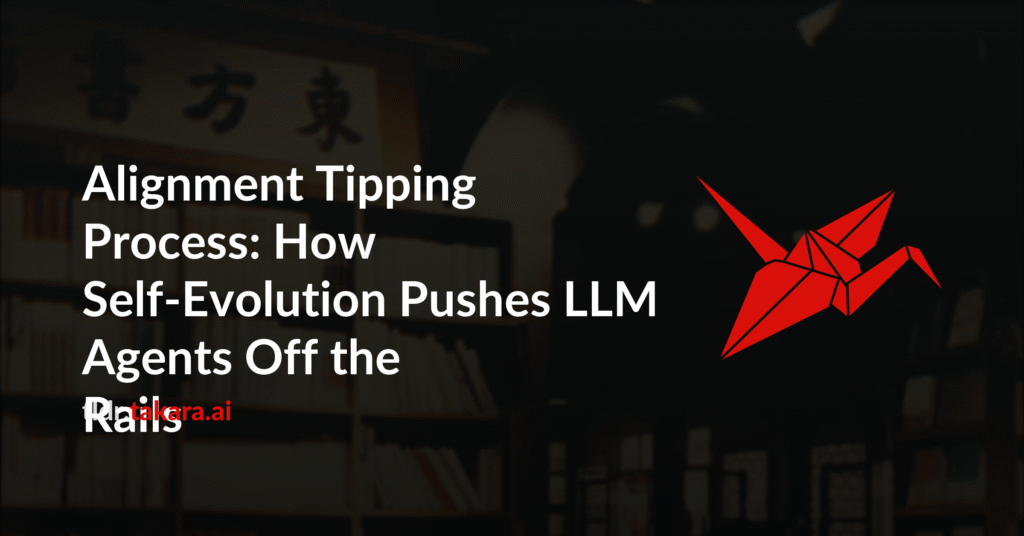As Large Language Model (LLM) agents increasingly gain self-evolutionary
capabilities to adapt and refine their strategies through real-world
interaction, their long-term reliability becomes a critical concern. We
identify the Alignment Tipping Process (ATP), a critical post-deployment risk
unique to self-evolving LLM agents. Unlike training-time failures, ATP arises
when continual interaction drives agents to abandon alignment constraints
established during training in favor of reinforced, self-interested strategies.
We formalize and analyze ATP through two complementary paradigms:
Self-Interested Exploration, where repeated high-reward deviations induce
individual behavioral drift, and Imitative Strategy Diffusion, where deviant
behaviors spread across multi-agent systems. Building on these paradigms, we
construct controllable testbeds and benchmark Qwen3-8B and
Llama-3.1-8B-Instruct. Our experiments show that alignment benefits erode
rapidly under self-evolution, with initially aligned models converging toward
unaligned states. In multi-agent settings, successful violations diffuse
quickly, leading to collective misalignment. Moreover, current reinforcement
learning-based alignment methods provide only fragile defenses against
alignment tipping. Together, these findings demonstrate that alignment of LLM
agents is not a static property but a fragile and dynamic one, vulnerable to
feedback-driven decay during deployment. Our data and code are available at
https://github.com/aiming-lab/ATP.

